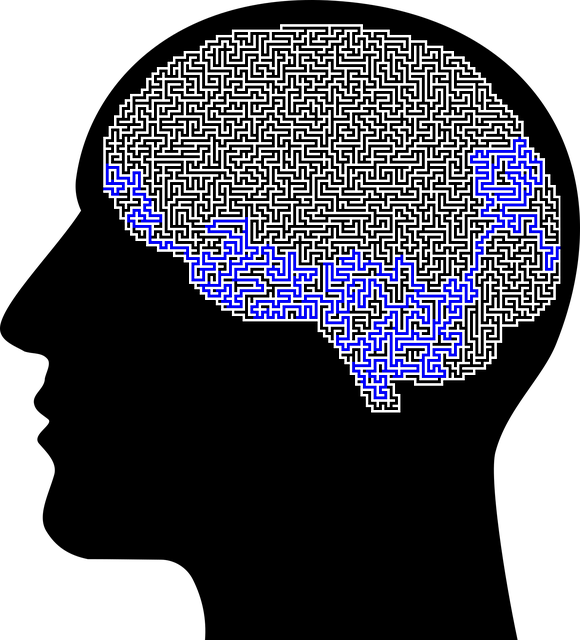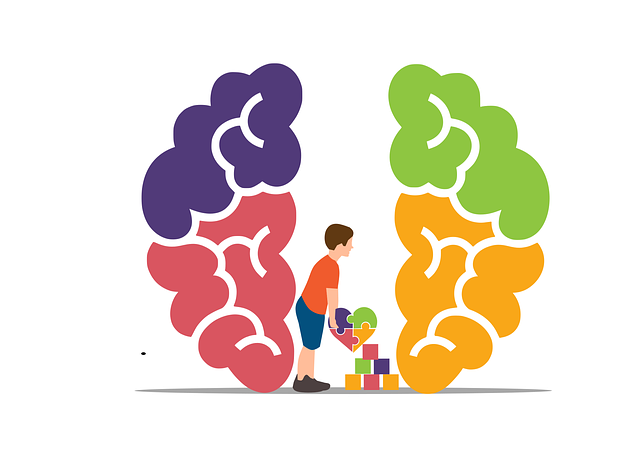Northglenn Alcohol Abuse Therapy utilizes community outreach to connect with and support individuals affected by alcohol abuse, tailoring interventions to local needs. They employ public awareness campaigns, emotional intelligence initiatives, and practical resources, targeting vulnerable communities through specialized services and workshops. By building partnerships with local organizations, they enhance their reach and credibility, ensuring sensitive issues like alcohol abuse are addressed effectively. Utilizing KPIs, Northglenn Alcohol Abuse Therapy measures program success and adapts strategies based on participant feedback, driving positive mental wellness changes in the community.
In the heart of Northglenn, Colorado, community outreach programs have emerged as a powerful tool in the ongoing battle against alcohol abuse. This comprehensive guide delves into the strategic implementation of such initiatives, highlighting their significance for Northglenn Alcohol Abuse Therapy (NAT). By understanding target communities’ unique needs and employing effective engagement techniques, NAT can foster meaningful connections. Building partnerships with local organizations amplifies impact. Continuous improvement, measured through thoughtful assessment, ensures these programs remain relevant and impactful.
- Understanding Community Outreach: A Vital Strategy for Northglenn Alcohol Abuse Therapy
- Identifying Target Communities and Their Unique Needs
- Designing Effective Programs: Engagement and Intervention Techniques
- Building Partnerships: Collaborating with Local Organizations for Success
- Measuring Impact and Adapting Programs for Continuous Improvement
Understanding Community Outreach: A Vital Strategy for Northglenn Alcohol Abuse Therapy

Community outreach is a vital strategy for Northglenn Alcohol Abuse Therapy to connect with and support its target population. By understanding the unique needs and challenges faced by individuals in Northglenn struggling with alcohol abuse, therapists can develop tailored interventions that go beyond traditional therapy settings. This approach allows for more accessible and effective care, fostering a sense of community and trust.
Through public awareness campaigns development, emotional intelligence-based initiatives, and confidence-boosting programs, Northglenn Alcohol Abuse Therapy can engage the community in meaningful ways. These efforts not only raise awareness about alcohol abuse but also offer practical tools and resources to those at risk or affected by it. By integrating these strategies into their outreach programs, therapists can make a significant impact, transforming lives and building a healthier, more resilient Northglenn.
Identifying Target Communities and Their Unique Needs

Identifying the target communities and understanding their unique needs is a crucial step in implementing effective community outreach programs. In Northglenn, Colorado, for instance, there might be distinct demographics and challenges that require tailored approaches. For example, areas with higher rates of alcohol abuse, like some parts of Northglenn, necessitate specialized services focusing on addiction recovery and support. This includes addressing the emotional regulation struggles often associated with substance abuse.
By pinpointing these specific needs, community leaders and healthcare providers can design programs that promote mental well-being. This could involve offering workshops on developing self-care routines for better mental health or providing training in cultural competency to ensure services are accessible and sensitive to diverse populations. Such targeted initiatives have the potential to significantly impact vulnerable communities, fostering a healthier and more connected Northglenn.
Designing Effective Programs: Engagement and Intervention Techniques

Designing effective community outreach programs requires a deep understanding of local needs and cultural contexts. Northglenn Alcohol Abuse Therapy has successfully implemented initiatives that combine various engagement and intervention techniques. One key approach is fostering empathy through storytelling and personal connections, enabling participants to understand and relate to those struggling with mental health issues like anxiety relief.
Empathy Building Strategies, for instance, involve sharing real-life experiences and offering Mental Wellness Journaling Exercise Guidance. This not only promotes understanding but also encourages active participation and builds trust within the community. By integrating such practices, Northglenn Alcohol Abuse Therapy has been able to enhance the impact of their outreach programs, ensuring that interventions are tailored to meet the unique challenges faced by different segments of the population.
Building Partnerships: Collaborating with Local Organizations for Success

Building strong partnerships with local organizations is a key strategy for successful community outreach programs, especially when focusing on sensitive issues like alcohol abuse therapy in Northglenn. By collaborating with established entities, such as community centers, schools, and religious groups, outreach initiatives can gain credibility, access new networks, and offer more comprehensive services. These partnerships allow for shared resources, expertise, and a deeper understanding of the local context. For instance, trauma support services can be better tailored to meet the unique needs of the Northglenn community when developed in conjunction with local organizations that have on-the-ground insights into the area’s specific challenges.
Furthermore, such collaborations facilitate joint planning and implementation of programs, including confidence-boosting workshops or risk management planning for mental health professionals. Together, these entities can create sustainable solutions that address alcohol abuse and its underlying causes, ultimately improving the well-being of Northglenn residents. Effective partnership building ensures that outreach efforts are not just temporary fixes but contribute to long-term positive changes within the community.
Measuring Impact and Adapting Programs for Continuous Improvement

Effective community outreach programs don’t simply aim to educate; they strive for measurable impact. At Northglenn Alcohol Abuse Therapy, we track key performance indicators (KPIs) to gauge success and identify areas for improvement. By collecting data on participant engagement, behavior changes, and long-term outcomes, we can assess the program’s effectiveness in addressing local needs. This data-driven approach allows us to adapt our strategies, ensuring that Mental Wellness Coaching Programs Development remain relevant and impactful.
Self-Awareness Exercises and Self-Care Practices are integral components of these adaptations. We encourage feedback from participants to understand how the programs have influenced their mental wellness journeys. Through this continuous improvement process, we refine our initiatives, making them more tailored and accessible to diverse community needs. This dynamic approach ensures that Northglenn Alcohol Abuse Therapy’s outreach remains a powerful force for positive change.
Community outreach programs play a pivotal role in addressing alcohol abuse within Northglenn Alcohol Abuse Therapy’s reach. By understanding local communities, tailoring interventions, and fostering partnerships, these initiatives can effectively target at-risk populations. Through measured impact assessments and adaptive strategies, Northglenn Alcohol Abuse Therapy can ensure its outreach efforts remain relevant and impactful. This holistic approach not only improves individual lives but also strengthens the fabric of Northglenn’s community as a whole.














